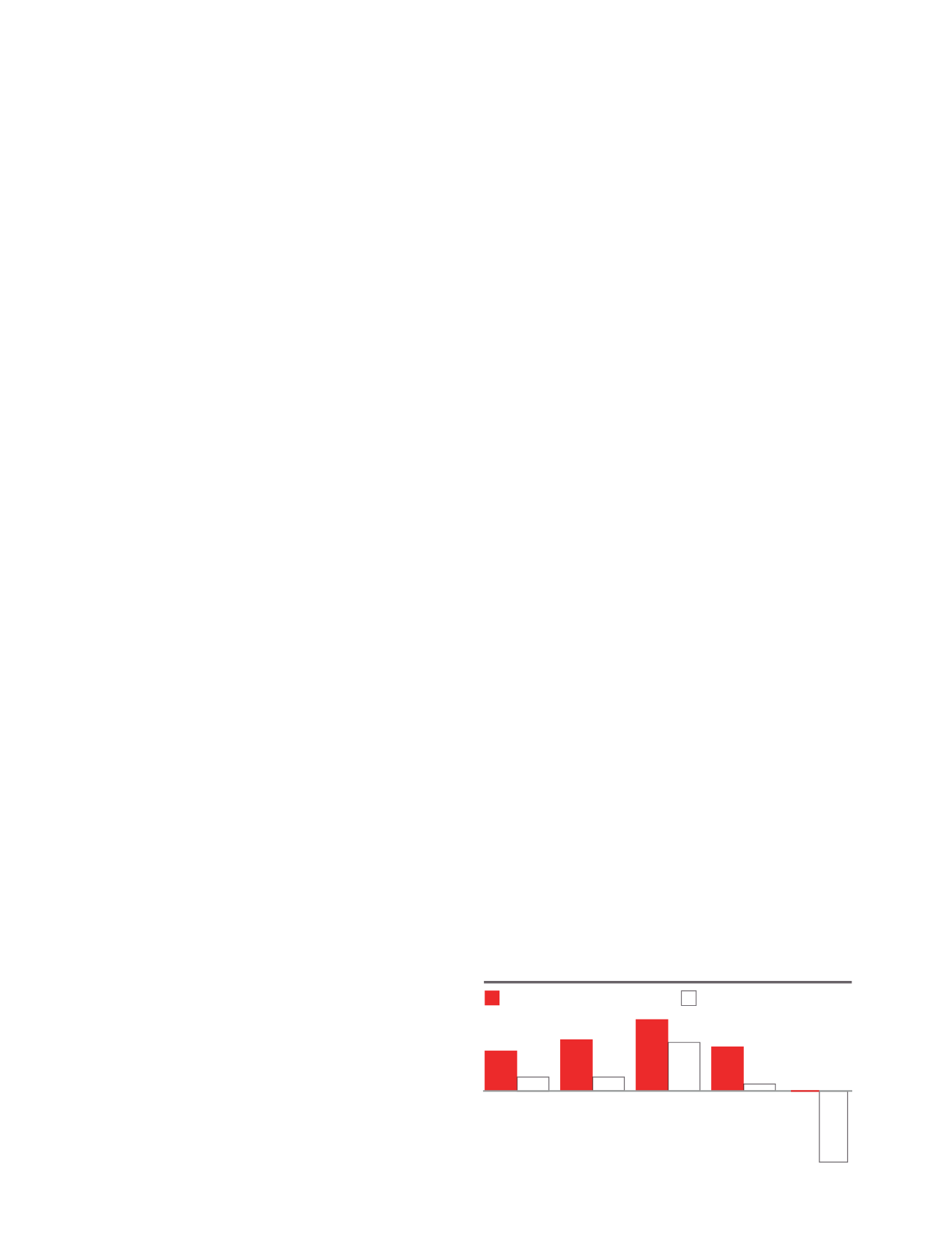

62
SEVEN HABITS OF HIGHLY IMPACTFUL LIBRARIANS
Impact Habit #4 – Be the Champion and CEO of Independent
Reading
Highly impactful librarians
understand deeply the power of choice in driving reading motivation
and ultimately improvement and growth.
Why?
• Independent reading is very different than
instructional reading, in terms of seeking to
cater to a reader’s passions and interests, and
is more effective in building fluency and vocabulary.
• Research shows that avid readers demonstrate both superior literacy development and
wide-ranging knowledge across subjects (Allington, 2012; Hiebert & Reutzel, 2010; Sullivan &
Brown, 2013).
• Research shows that children between the ages of 10 and 16 who read for pleasure make more
progress not only in vocabulary and spelling but also in math versus those who rarely read
(Sullivan & Brown, 2013).
How?
a
Establish a schoolwide or district-wide plan to create and grow an avid reading culture in
your district, utilizing the aforementioned research to support it.
a
Launch a summer reading initiative that emphasizes choice, as well as motivation to drive
increased enthusiasm and excitement around reading.
a
Create schoolwide and district-wide literacy events that also engender family participation, as
you seek to reinforce to parents the importance of reading and books in the home.
Impact Habit #5 – Adopt Evidence-based Practice in Everything
You Do
Highly impactful librarians
know that data and analysis are indispensable tools that substantiate
their plan and help obtain buy-in from school- or district-level leadership.
Why?
• Implementing evidence-based practices
will allow you to evaluate and demonstrate
student progress in reading and learning.
• Helps you make a case for allocating funds
and resources for materials or programs
needed by the school library.
For the majority of young people,
enthusiastic and habitual reading
is the single most predictive personal
habit for the ability to
achieve
desirable life outcomes
.
(Bayless, 2010)
Schools in states that gained librarians between 2005 and
2009 had significantly higher increases in fourth-grade NAEP
reading scores than schools in states that lost librarians.
Scores for states that gained librarians
Scores for states that lost librarians
1.5%
0.5%
ALL
STUDENTS
POOR
STUDENTS
2.0%
0.5%
AFRICAN AMERICAN
STUDENTS
2.8%
1.8%
HISPANIC
STUDENTS
1.7%
0.2%
-2.8%
ENGLISH
LANGUAGE
LEARNERS
0.0%
















